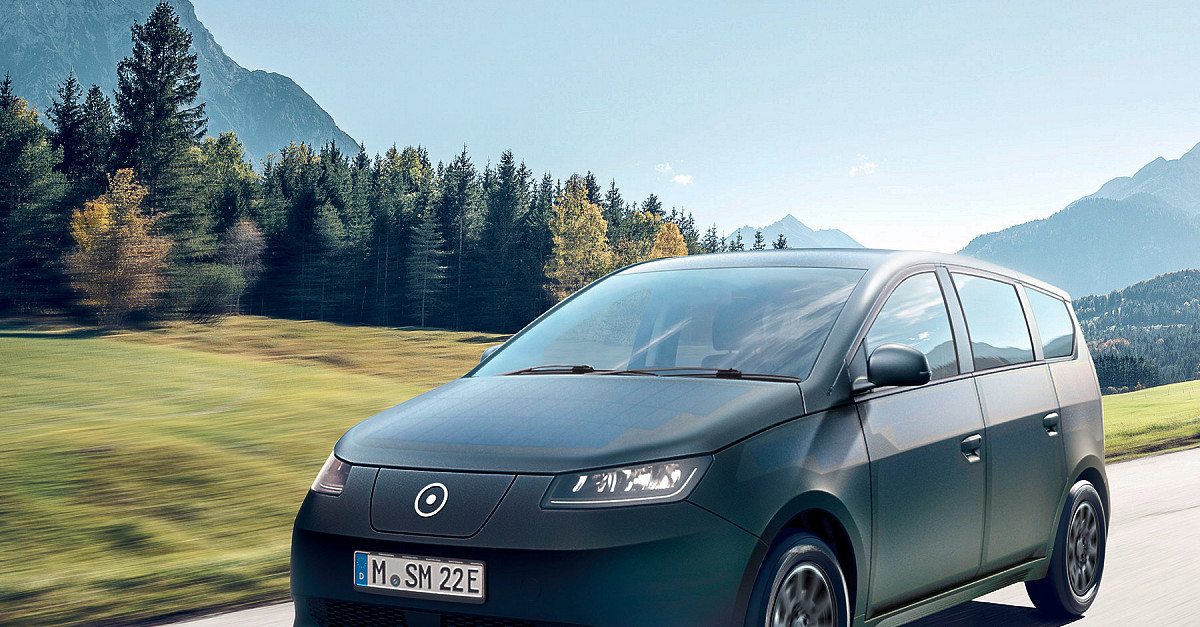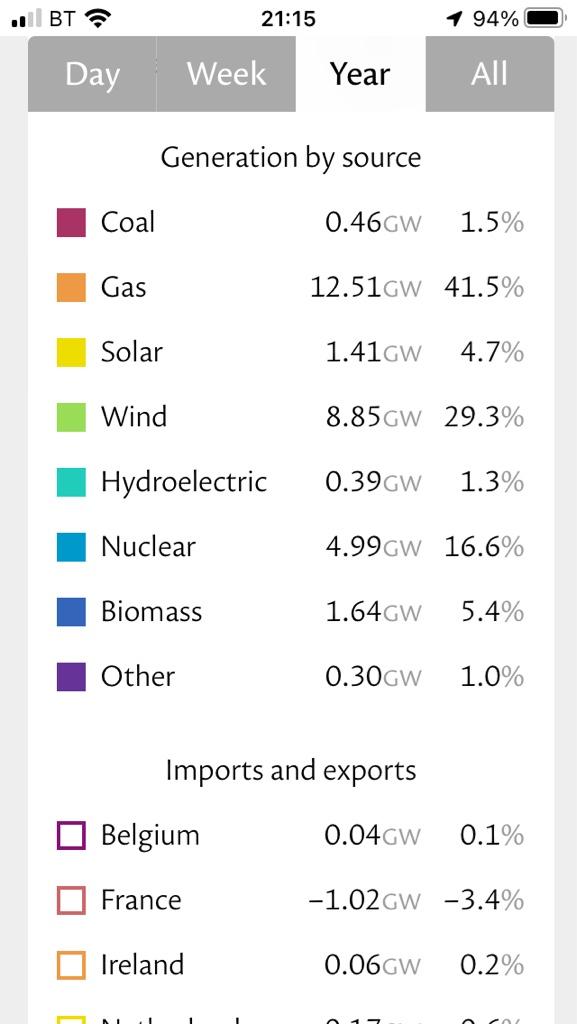pjm-84
Super Poster
VIP Member
- Messages
- 2,709
- Vehicle
- T5 SE 180
Thats quite funny.Solar ain't gonna cut it in the UK. With the Uk only receiving an average of 1500 hours sunshine per year, assuming 10 hours per day, that equates to 150 days when the sun is generating electrical output. What about the other 215 days?
Nope, solar farms in space is the only option

How solar farms in space might beam electricity to Earth
The UK government is supporting projects to put solar panels in space and beam energy back to Earth.www.bbc.com
Today 3kWh
Yesterday 7.2kWh
Last week 55.9kWh (generation every day)
So far this month 148.2kwh (generation every day)
Last month 167.2kWh (generation every day but the Jan 10th is really low at 0.2)
For the last two seasons of last year our PVs generated >1600kWh.
Remember this is winter so come summer time it will be lot more.


















